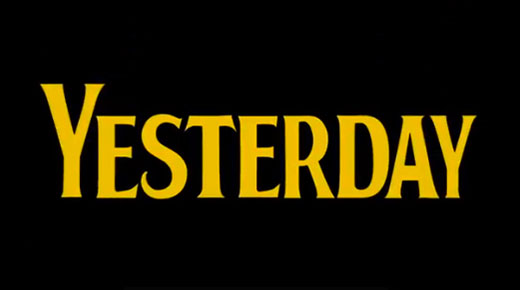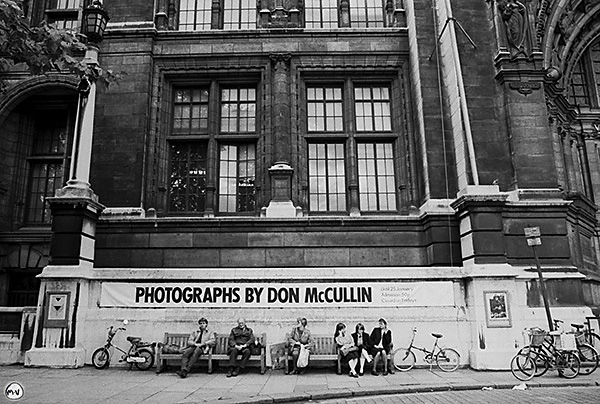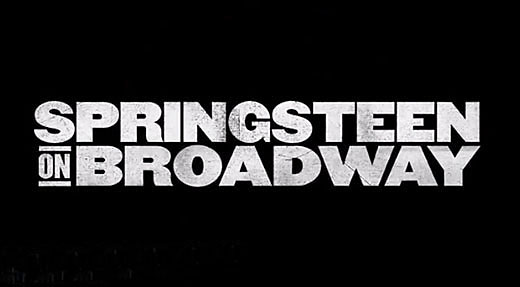
Arquivo da categoria: lançamento
mister mould…

aTRIPA e bob no primavera, barcelona2016…

os cabeludinhos de liverpool, quer dizer…

direção de danny “trainspotting” boyle, em junho
gerson mandou pra gente (ou mccullin & gillespie)…

victoria & albert museum (londres), outubro1980… e agora, mccullin ocupa a tate…
PQP
bobby gillespie (primal scream) já passou por lá…

em abril2011, coloquei AQUI no tico, meu curtíssimo esbarrar com don mccullin
leNda
muzakinho, você sabe…


leNda
( :
jah deu uma circulada por roma?

PQParille… e ainda meteu um floyd
mamãe








